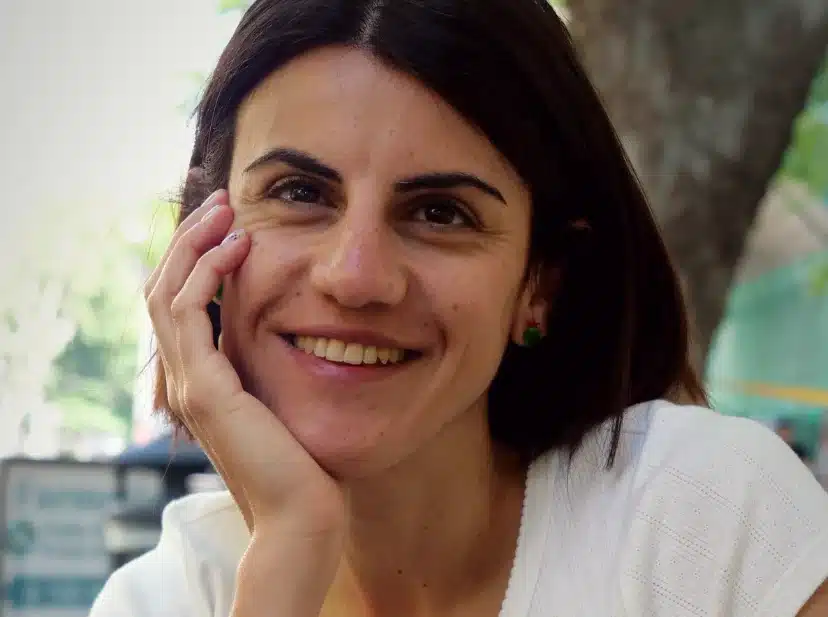Giorno vs. Giornata
Today I want to explore one of the most common questions I’ve received from students learning Italian:
Is there a difference between giorno and giornata?
Yes — and it’s not a small one! Let’s take a closer look at how each word is used in the Italian language.
Giornata
Giornata refers to the span of the day from morning to evening — the experience of the day — and is often used when:
- Describing the weather or the nature of the day
- Talking about emotions, productivity, or personal experiences during the day
- Indicating a special celebration or commemoration
- Referring to a workday or the hours worked
Examples:
- Che bella giornata oggi! – What a beautiful day
- Ho passato una bella giornata. – I had a beautiful day
- Una giornata soleggiata. – A sunny day
- Ho avuto una giornata pienissima. – I had an extremely busy day
- Giornata della donna. – Women’s Day
- Che giornata faticosa al lavoro! – What a tiring day at work
Notice how “giornata” often appears with adjectives or descriptive context.
Idiomatic expressions with giornata:
- Fare le cose in giornata – To get things done within the day
- È a una giornata di macchina – It’s a day’s drive away
- Giornata lavorativa – Workday
- Bella giornata – Beautiful day
Giorno
Giorno refers more neutrally to a calendar day or a 24-hour period. It’s commonly used in reference to:
- Counting days
- Measuring time
- Referring to specific days on a timeline
Examples:
- Vado in vacanza per dieci giorni. – I’m going on vacation for ten days
- Ho preso tre giorni di ferie. – I took three days off
- Tutto il giorno. – All day long
When no adjective or detailed context is added, and the focus is on the time unit itself, use “giorno”.
Idiomatic expressions with giorno:
- Ogni giorno – Every day
- Da un giorno all’altro – From one day to the next
- Uno di questi giorni – One of these days
? In short
Giornata is used to express the experience of the day — often emotional, descriptive, or event-based — and typically comes with adjectives.
Example: Che bella giornata! (What a beautiful day), Che giornata stancante al lavoro (What a tiring day at work).
Giorno refers to the countable unit of time — a calendar day or 24-hour period — used without added description.
Example: Ho preso tre giorni di ferie (I took three days off), Vado in vacanza per dieci giorni (I’m going on vacation for ten days).
Read more: Fermare vs. Smettere








